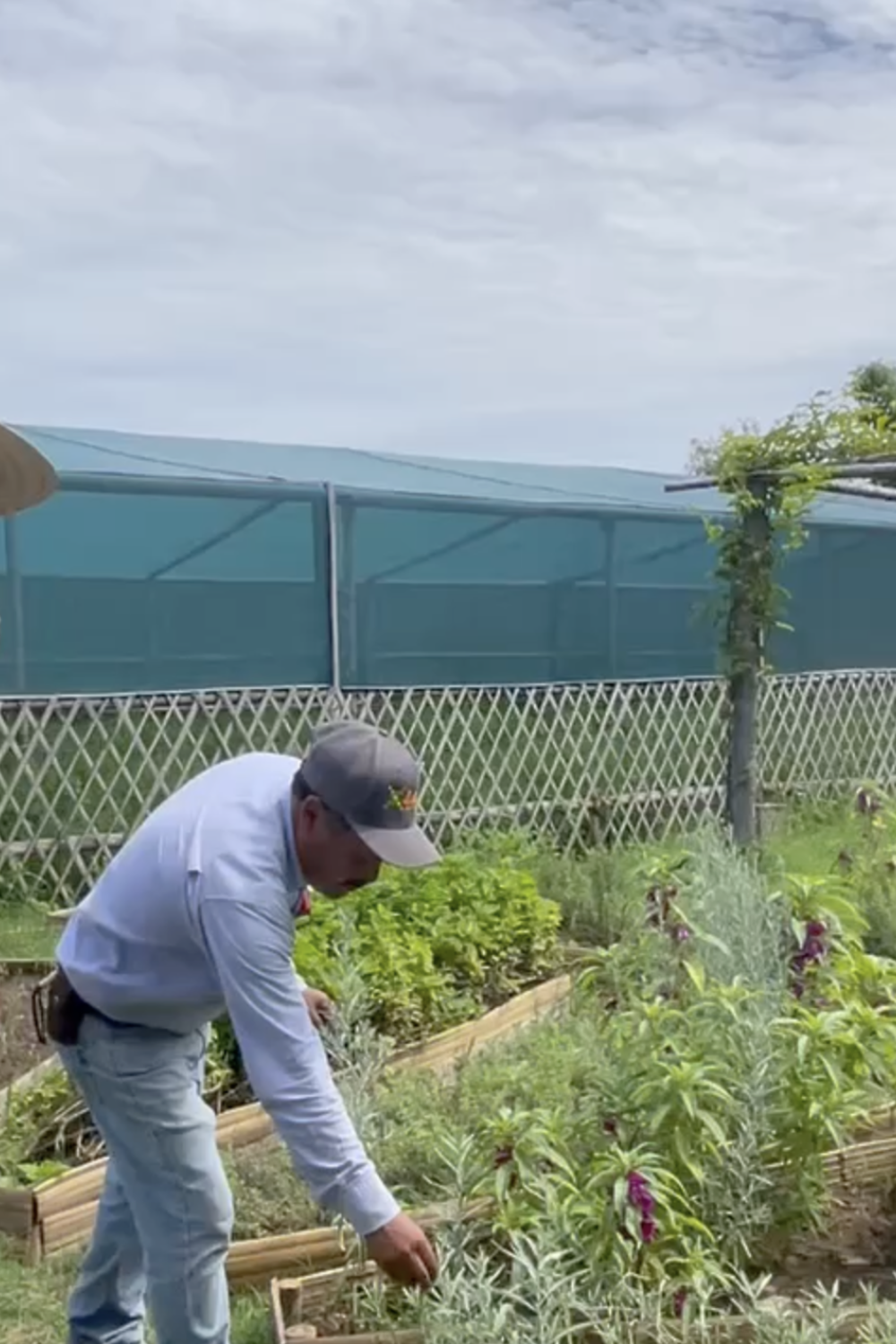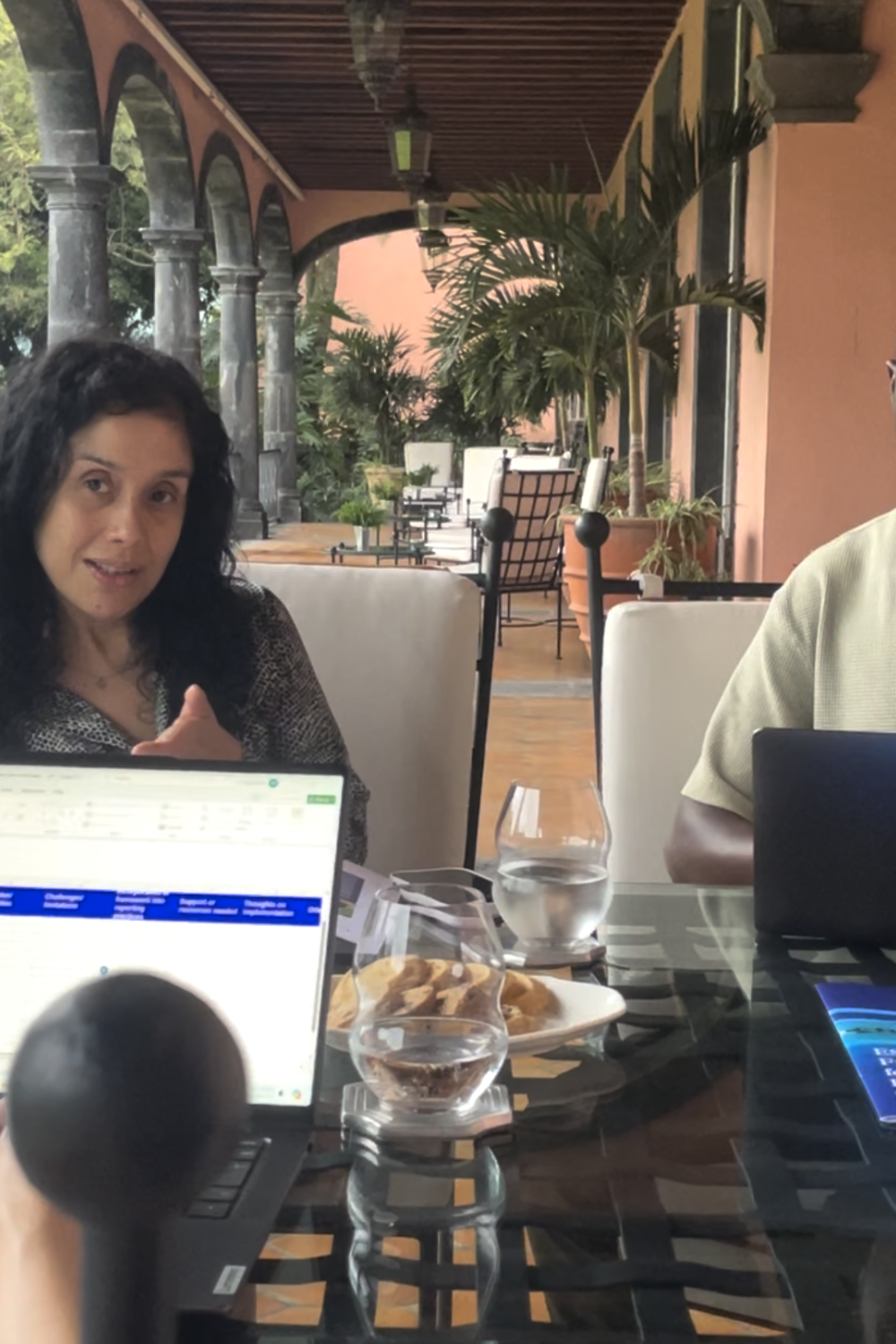Sustainable food and waste practices within the tourism industry: lessons on organic farming, biodynamics, and circular waste management from Cuixmala and Hacienda de San Antonio
Fellows Amy Booth and Buntu Fanteso have been making significant strides as they continue collaborating with UN Tourism. Their efforts in developing a global ESG Framework for Tourism Businesses are uncovering innovative sustainable practices and improving impact measurement.
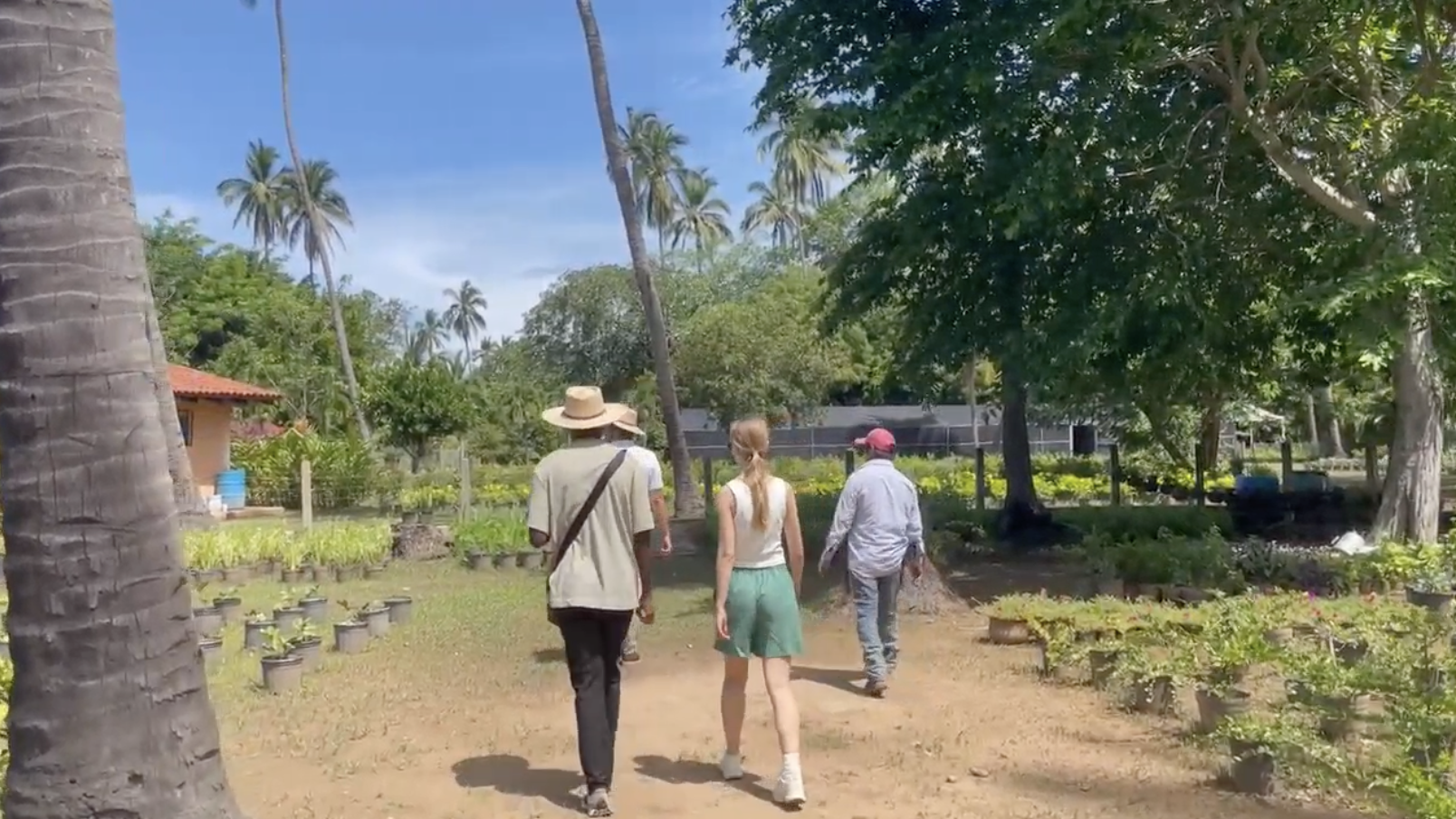
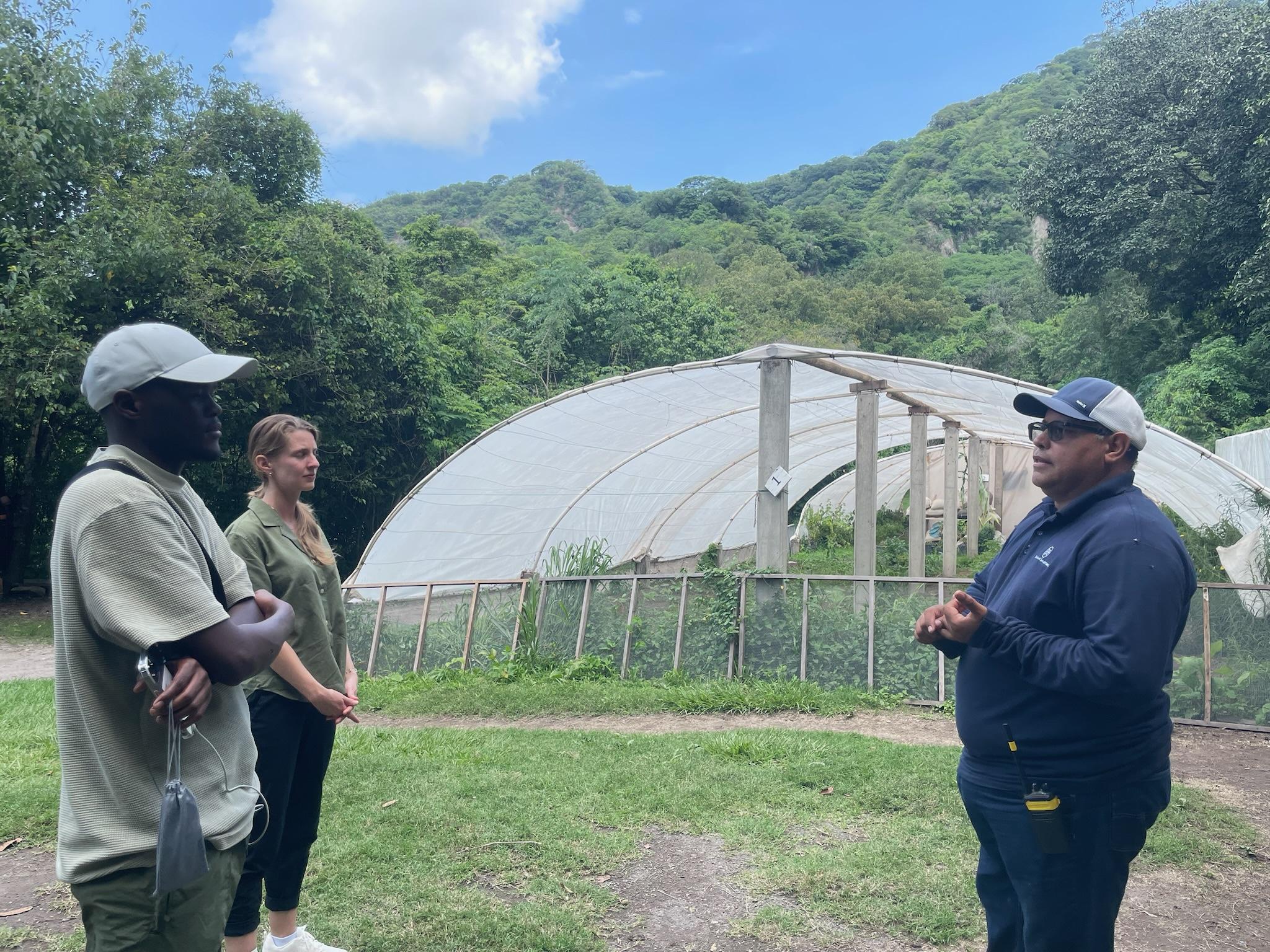
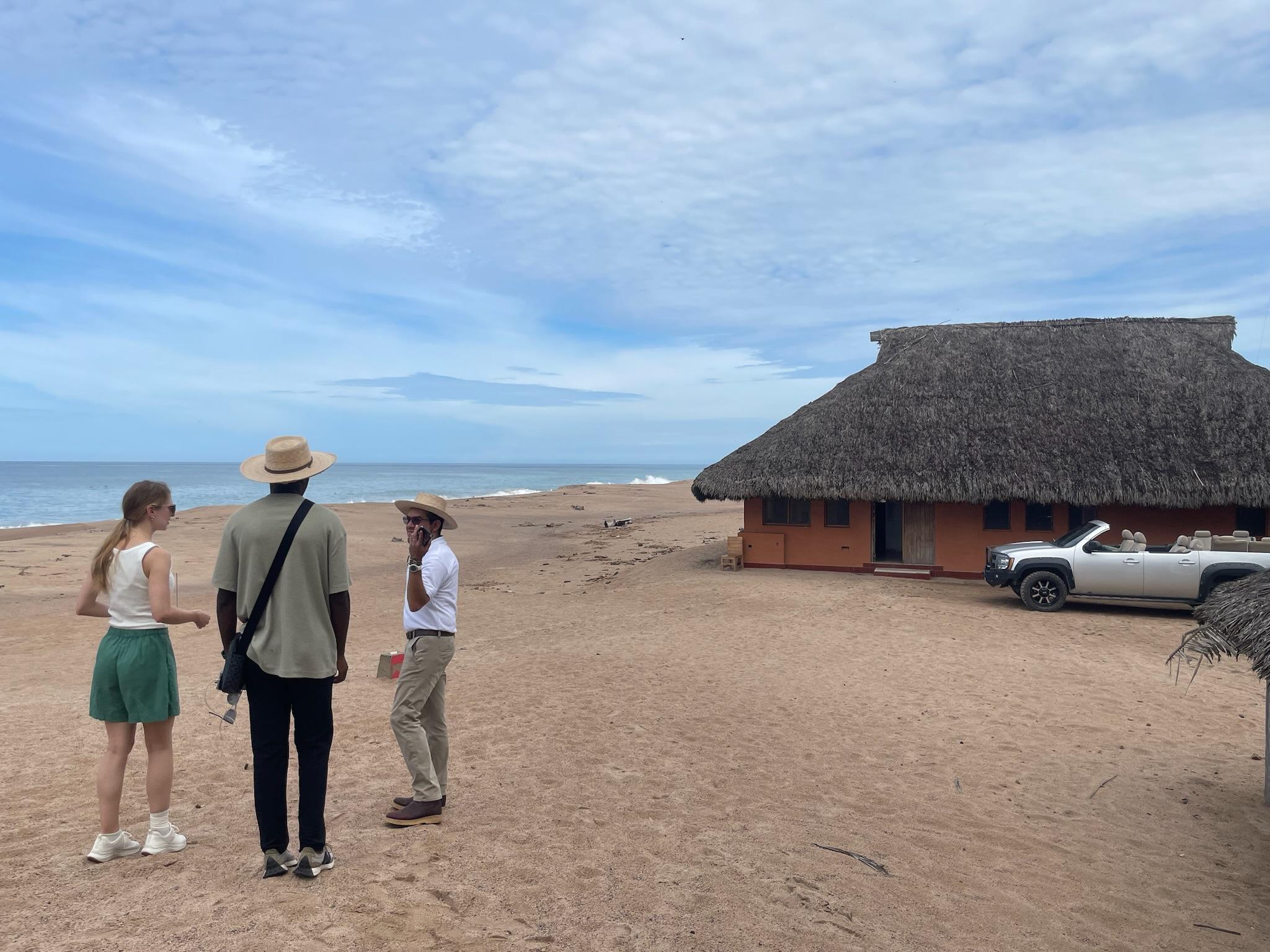
Their latest stop was the sister properties Cuixmala and Hacienda de San Antonio in Mexico. Cuixmala, an eco-resort set on over 25,000 acres of jungle and beach, offers sustainable luxury with organic farms, wildlife sanctuaries, and reforestation programmes. Hacienda de San Antonio, a historic hotel near Colima Volcano, was originally a 19th-century coffee plantation. It now features elegant suites, abundant gardens, and organic farms, and is renowned for its sustainability and local community support.
While both properties have several sustainability initiatives, including renewable energy, waste recycling, biodiversity conservation, and staff upskilling opportunities, their sustainable farming and organic food practices particularly stood out. Cuixmala and Hacienda de San Antonio collaborate to produce all the food needed to supply their hotel guests. Cuixmala’s coastal climate allows them to grow tropical fruits like bananas, mangoes, and papayas, while Hacienda focuses on coffee, dairy, and meat production in its cooler, mountainous climate.
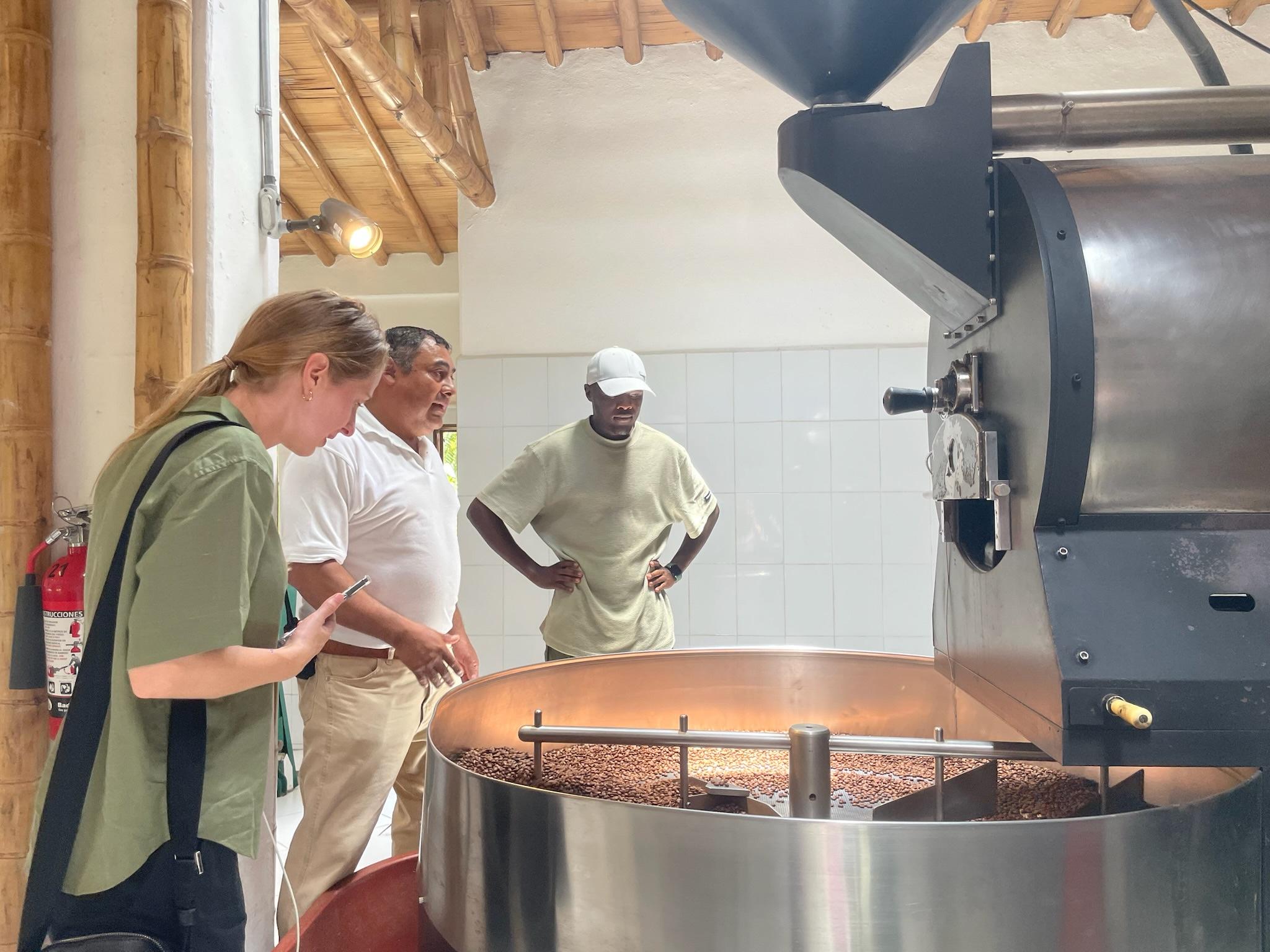
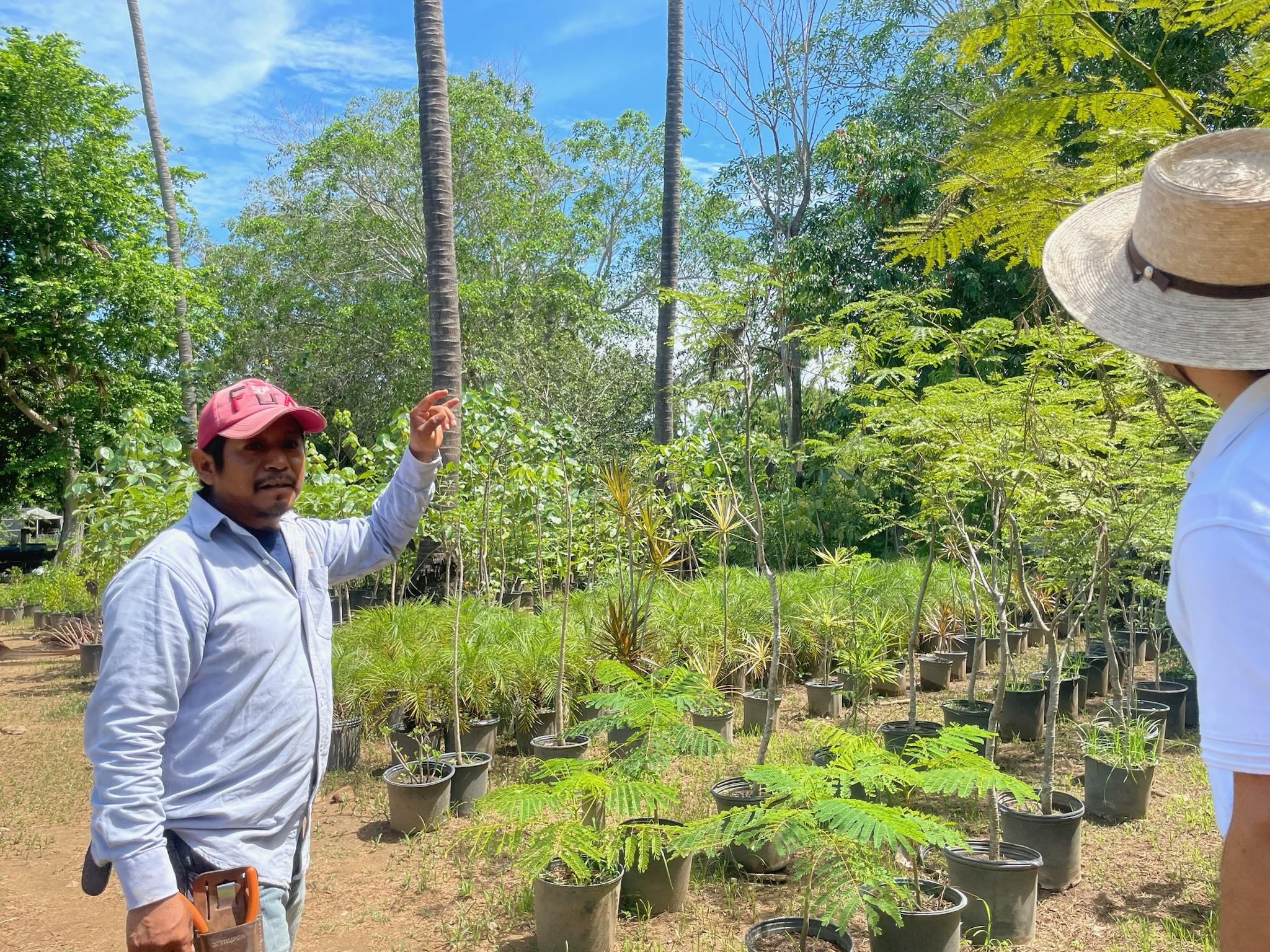
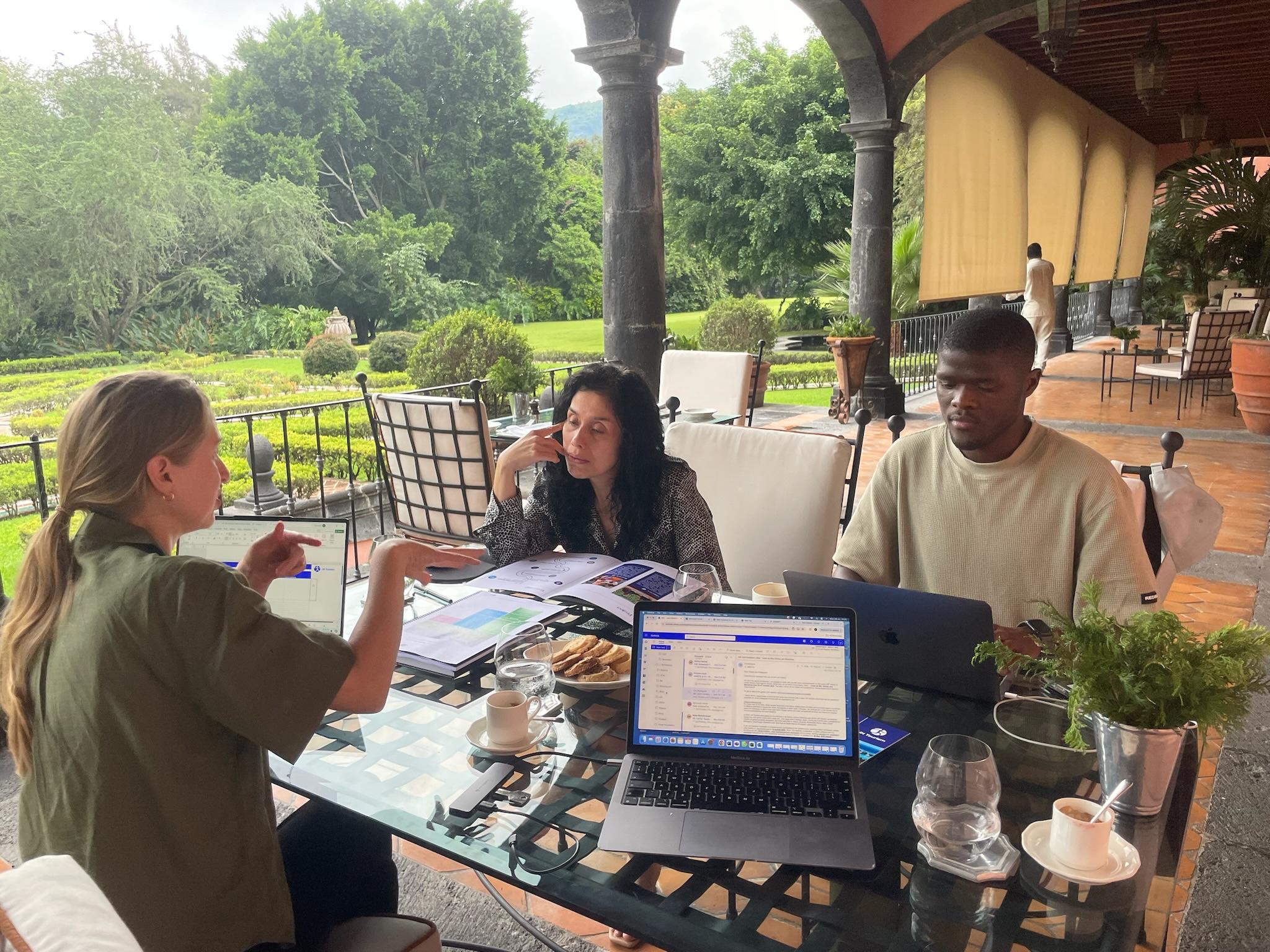
Both properties employ biodynamic farming methods—a holistic and ecological approach that views the farm as a self-sustaining, living organism. Biodynamics incorporates organic farming practices such as crop rotation, composting, and avoiding synthetic chemicals, but also emphasises cosmic rhythms, timing farming activities to align with lunar cycles believed to influence plant development and soil health.
Biodynamic farming aims to create a sustainable, productive, and harmonious agricultural system that nurtures the land, plants, animals, and the human community involved. Cuixmala and Hacienda’s blend of eco-tourism and focus on sustainable food production for tourists make them fascinating case studies, inspiring sustainability within the tourism sector.
Follow along as they uncover insights from the next destination Rosetta Restaurant.


